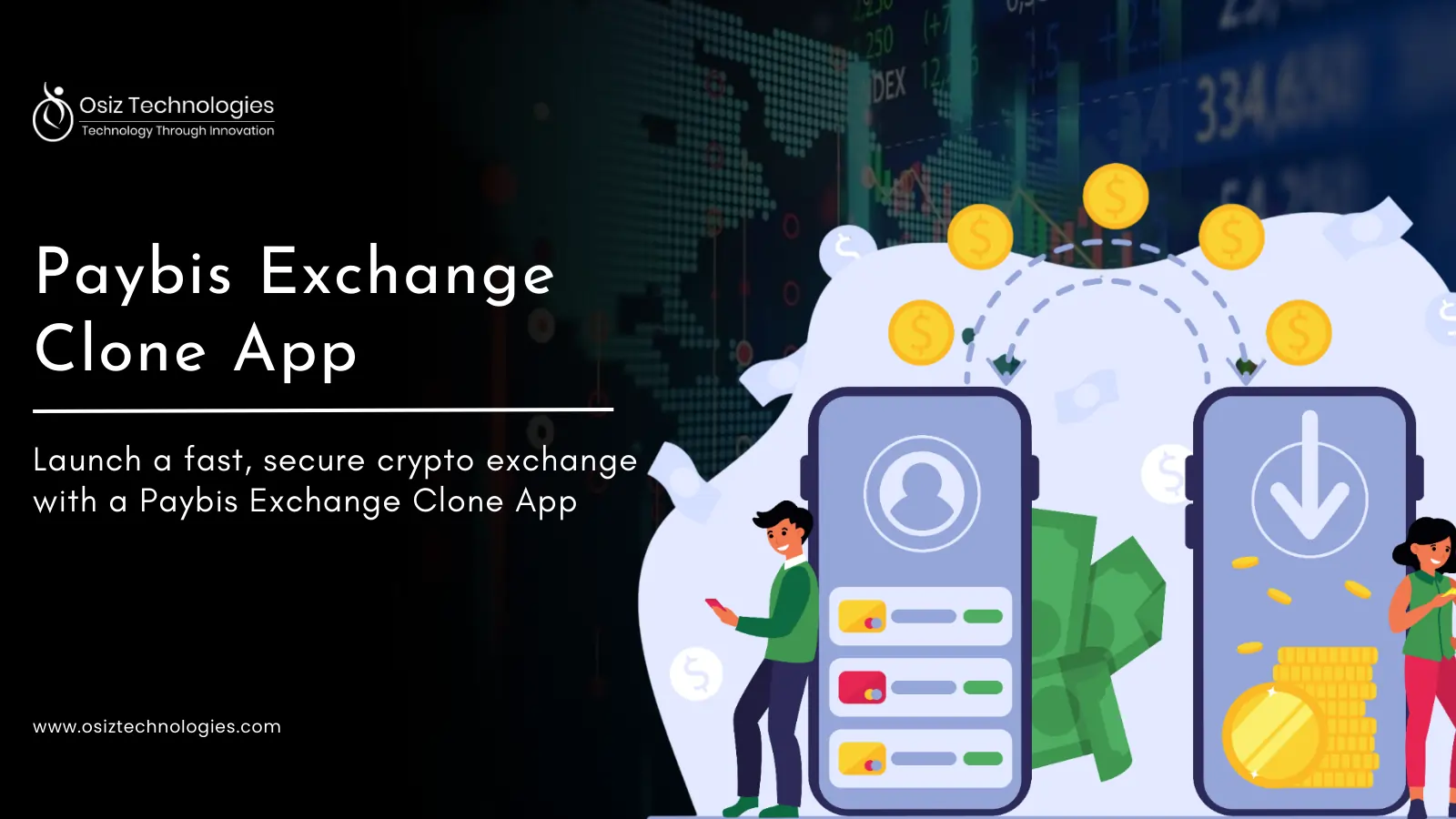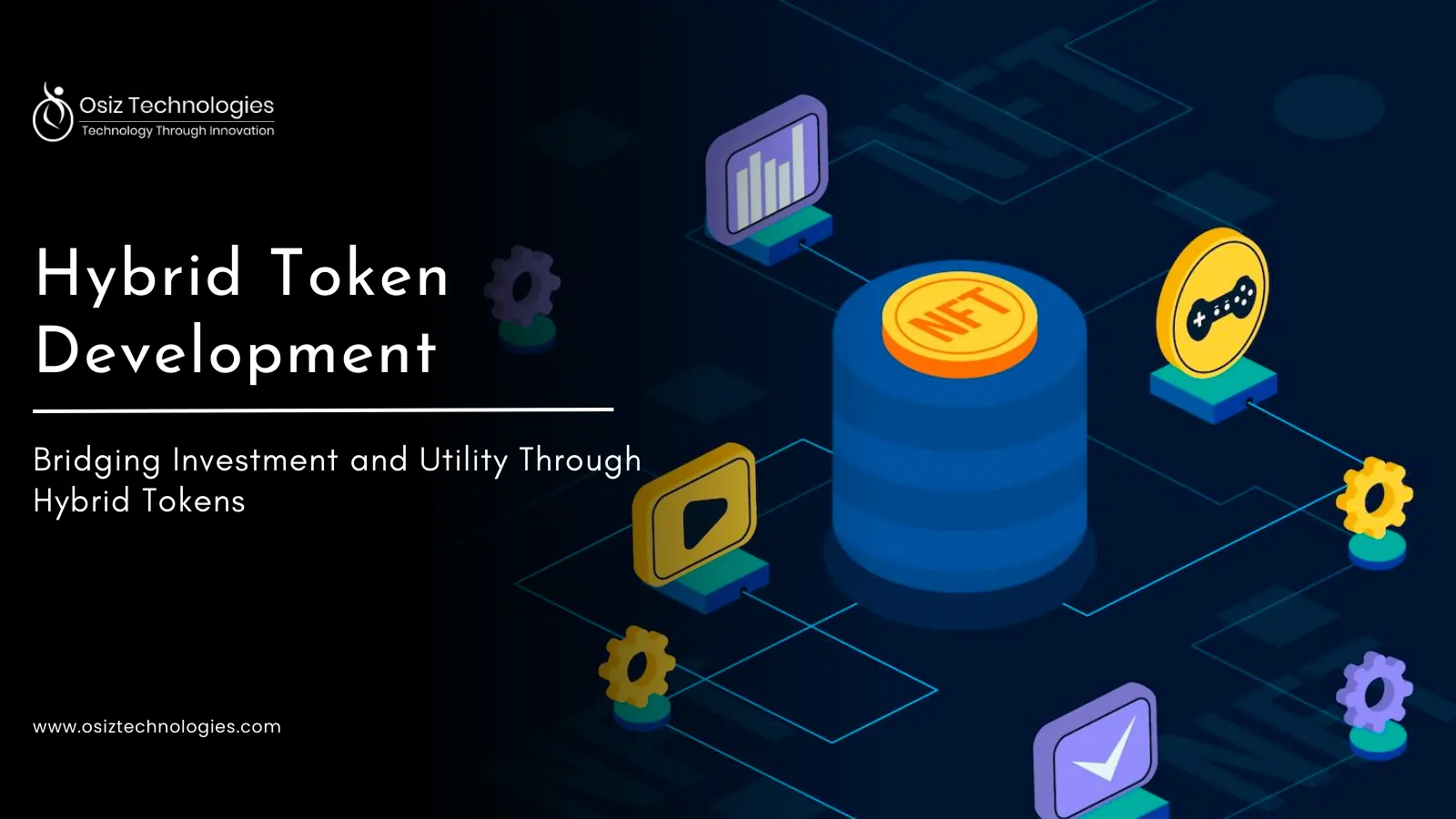For those who've been using Google's AI language model, you might have noticed a recent shift. Bard, the familiar name you interacted with, has evolved into something new: Gemini.
This change signifies a significant advancement in AI technology, offering a plethora of exciting features and capabilities. But why the shift from Bard to Gemini? And what exactly sets them apart?
This blog post will delve into these questions, exploring the fascinating world of Gemini and the key differences it presents compared to its predecessor, Bard.
A Farewell (But Not Goodbye) to Bard: Why was Bard replaced?
Bard's introduction marked a significant milestone in AI-powered language models. It provided users with a powerful tool for research, creative writing, and even casual conversation.
However, the world of technology is constantly in flux, demanding continuous improvement and innovation. Enter Gemini: the culmination of Bard's success and a testament to Google's commitment to pushing the boundaries of AI.
Here's the key takeaway: Don't view Gemini as a replacement for Bard. Instead, see it as the next chapter in the language model's journey. It builds upon the solid foundation laid by Bard, offering a more comprehensive and feature-rich experience.
Bard vs. Gemini: Which One Is Better?
Strengths of Bard:
- Familiarity: For those accustomed to Bard's interface and workflow, the transition to Gemini might require a period of adjustment.
- Solid Foundation: Bard served as a valuable tool for many users, offering basic functionalities like text generation, translation, and information retrieval.
Strengths of Gemini:
- Advanced Translation Capabilities: Gone are the days of awkward translations. Gemini delivers natural-sounding translations across a vast array of languages with its cutting-edge neural machine translation technology.
- Next-Level Code Completion: Coders rejoice! Gemini understands the intricacies of various programming languages and can complete code snippets, suggest optimized solutions, and identify potential errors, significantly boosting coding efficiency.
- Unveiling Deeper Contextual Understanding: Effective communication hinges on grasping context. Gemini excels here, analyzing language nuances like sarcasm, humor, and figurative speech, tailoring responses to your query's specific context.
- A Constantly Evolving Knowledge Base: Unlike Bard's static knowledge base, Gemini boasts a dynamic one that's continuously updated with the latest information, providing the most accurate and up-to-date content.
- Powering Up Reasoning Skills: Gemini employs sophisticated algorithms to analyze information, identify relationships between concepts, and draw logical conclusions. This enhanced reasoning ability allows for more comprehensive and insightful answers to your questions.
Who Should Use Bard vs. Gemini?
Consider Bard if:
- You're comfortable with Bard's existing interface and functionalities.
- You need a basic LLM for simple tasks like text generation or information retrieval.
Consider Gemini if:
- You're looking for an advanced LLM with cutting-edge features.
- You require high-quality creative text generation, accurate translations, or code completion assistance.
- In-depth research and fact-checking are crucial for your work.
- You value an LLM that understands context and delivers natural, engaging interactions.
- You want access to the latest information and a constantly evolving knowledge base.
Analogy: Bicycle vs. Electric Scooter
Imagine Bard as a reliable bicycle that gets you where you need to go. It's familiar and functional but might lack the speed and features of a more advanced option. Gemini, on the other hand, is like a powerful electric scooter.
It offers additional features like speed control, a wider range, and potentially new destinations. While requiring some adjustment to get used to, it ultimately offers a faster, smoother, and more versatile experience.
Beyond the Features: Exploring the Benefits of Using Gemini
The new features and functionalities of Gemini translate to many benefits for users across various fields. Here are just a few examples:
- Content Creators: Writers, bloggers, and marketers can leverage Gemini's text-generation capabilities to overcome writer's block, generate engaging content ideas, and even translate their work into multiple languages.
- Students and Researchers: Gemini can be an invaluable research assistant, helping students find credible sources, analyze complex data, and even paraphrase or summarize information.
- Programmers: Developers can utilize Gemini's code completion and error identification features to write cleaner, more efficient code and save valuable development time.
- Business Professionals: Business owners and entrepreneurs can harness Gemini for market research, competitor analysis, and even crafting persuasive presentations and emails.
Unveiling the Future: What Lies Ahead for Gemini?
The launch of Gemini is just the beginning of an exciting journey. Google's commitment to innovation ensures that Gemini will continue to evolve and adapt. Here are some potential future developments to look forward to:
1. Integration with External Tools: Imagine seamlessly integrating Gemini with your favorite productivity tools, allowing you to leverage its AI power within your existing workflow.
2. Personalized Learning: With continued development, Gemini could adapt to individual user preferences and learning styles. Imagine a language model that tailors its responses to your specific needs, providing explanations that resonate with you and help you retain information effectively.
3. Multilingual Fluency: Currently, Gemini boasts impressive translation capabilities. However, the future might see it achieve true multilingual fluency, allowing for real-time conversations across languages without any loss of nuance or meaning.
4. Bridging the Gap Between AI and Human Creativity: The line between human and AI creativity is constantly blurring. Gemini could evolve to collaborate with artists, musicians, and writers on creative projects, fostering a unique blend of human ingenuity and AI-powered innovation.
Beyond the Hype: Addressing Potential Concerns
While the advancements offered by Gemini are undeniable, it's important to acknowledge and address potential concerns:
Bias and Fairness: Large language models like Gemini are trained on massive datasets of text and code. These datasets can inadvertently perpetuate biases present in the real world. Addressing this issue will be crucial in ensuring that Gemini's outputs are fair and unbiased.
The Future of Work: As AI capabilities continue to grow, there are legitimate concerns about job displacement. However, it's important to remember that AI tools like Gemini are meant to augment human capabilities, not replace them. By utilizing Gemini's strengths, humans can focus on tasks that require creativity, critical thinking, and social intelligence.
Conclusion: Embracing the Power of Gemini
The evolution from Bard to Gemini marks a major advancement in the landscape of language models. With enhanced capabilities such as improved text generation, advanced translation, accurate code completion, and powerful fact-checking, Gemini represents a new era of intelligent automation. Its dynamic learning and adaptability ensure it remains a leader in AI innovation. As we embrace the power of Gemini, a world of opportunities opens up, enabling professionals across industries to enhance creativity, productivity, and efficiency. Partnering with an experienced AI Development Company can help businesses effectively integrate Gemini's capabilities and stay ahead in the rapidly evolving AI-driven ecosystem.
Our Major Services :
- AI Development
- Blockchain Development
- Metaverse Development
- Crypto exchange Development
- Game Development
Listen To The Article












